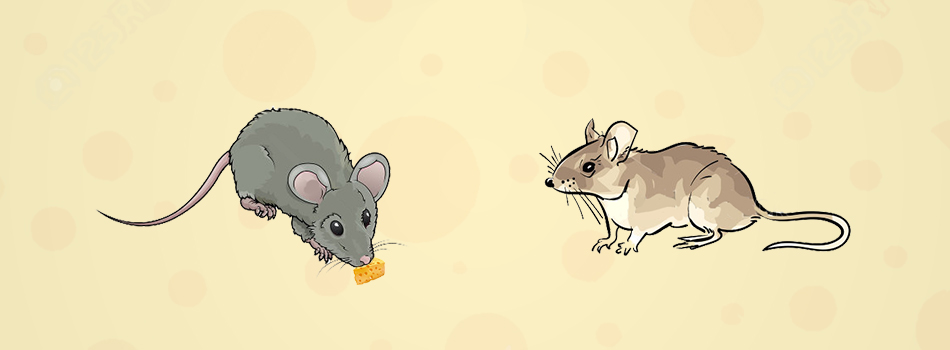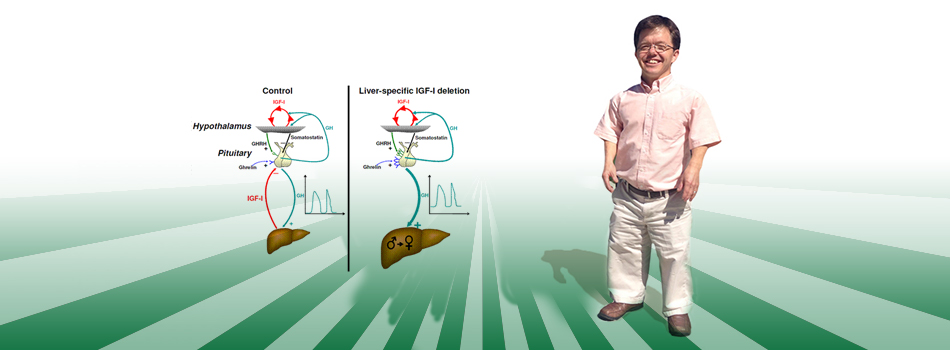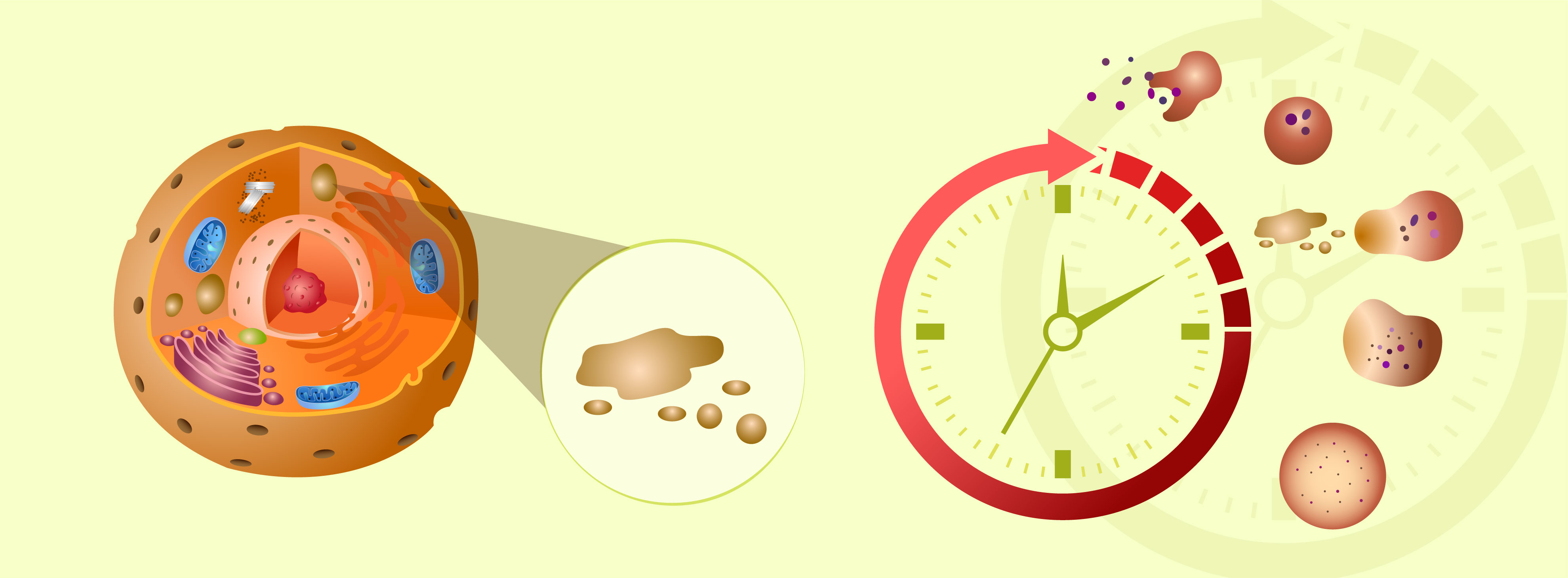
Hunger can make you Sharper?
published : 16 June 2016
Could staying hungry sharpen your brain? Science says yes!
Let’s take a look at the two major studies that clearly show how staying hungry is strongly linked to a sharper brain.
Study - 1
A Yale study suggests that dieting might keep people mentally sharp. When the stomach becomes empty, a gut hormone called ghrelin rises and stimulates the neurons that govern appetite.
Tamas L. Horvath, chair and associate professor of comparative medicine, and his colleagues at Yale injected some mice with the gut hormone ghrelin. This rapidly altered their brain circuits in the hippocampus region which is responsible for memory and learning. The ghrelin-injected mice actually became significantly better at learning and remembering their way around a maze.
In humans, it is obesity and aging that causes the ghrelin levels to fall which consequently slows down the brain. The research also suggested that increasing ghrelin levels with diet or any form of weight reduction could help stave off dementia.
Study - 2
Dr. Mark Matson- a leading expert on the aging brain conducted another study to find out what fasting does to the brain. He conducted his research on a batch of mice that were destined to develop Alzheimer’s disease. He divided the mice into 2 groups - one would be fed a high cholesterol diet such as fast food and sugary drinks, and the other would be on a restricted diet.
Normally the mice succumb within a relatively short time; but when these mice are put on a diet of ‘feast days and fast days’, what Mark calls “intermittent energy restriction”, the results came incredible. The ones on the intermittent energy restriction lived normally without any memory problem for six months to a year; which is equivalent to a 50-80 years in humans. But those on a high calorie diet started to experience problems much sooner- around 3-4 months- equivalent to 30-40 years in humans.
In a detailed study when the brains of the ‘fasting’ mice were examined, it was found that the sporadic bouts of hunger actually triggered new neurons to grow!
Conclusion
In evolutionary terms, we can say that to increase cognitive ability you need to practice staying hungry. Be it intermittent fasting or the religious fasting methods, choose your type. They all will give you a survival advantage.
So start fasting practices along with your family, it may help your children score higher in their tests, your spouse to perform better in their field of work and keep your aging parents in good memory health.


















